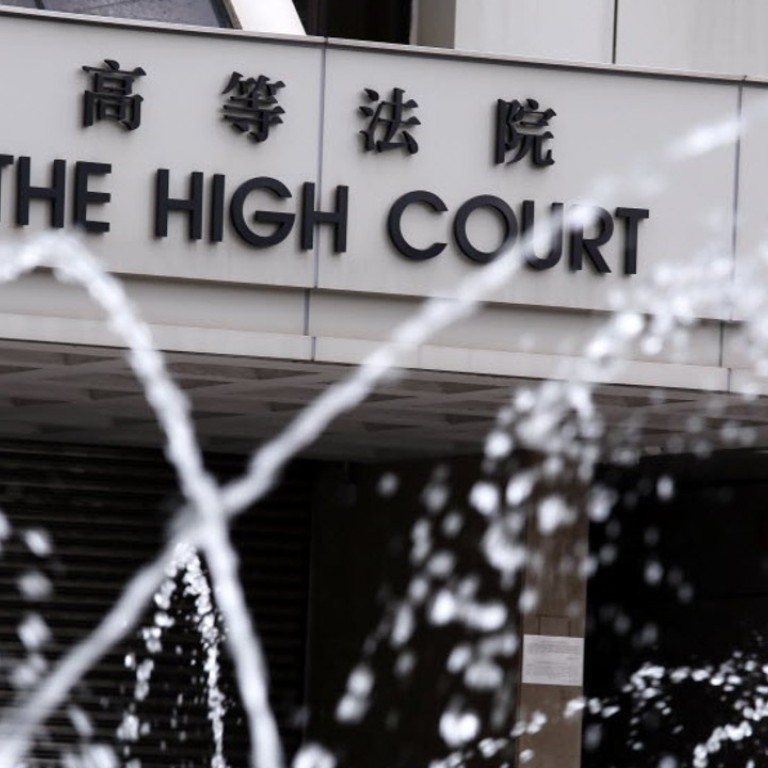
Hong Kong university student journalists seeking better access to government urge court to be ‘protector of free speech’
Despite easing of restrictions, two former editors push for ‘right to investigate’
Two Hong Kong university student editors on Friday urged a court to be the “ultimate guardian and protector of freedom of speech” and allow them and their contemporaries to judicially challenge the government’s restriction on student reporters in covering official events.
Teenie Ho Kar-hei, then chief editor of Chinese University’s English magazine Varsity, and Xu Fangwen, former deputy chief editor of Baptist University’s San Po Yan, lodged a judicial review last year against the director of the Information Services Department.
McCoy asked the judge to consider the nature of journalism, describing it as encompassing a “right to investigate” rather than reciting “recycled government’s materials or lines to take”.
Alluding to the Legco incident, the lawyer said: “The right of a journalist is to be able to see personally the human reactions of the players of the political system.” When deprived of observation, he added, journalists would be left with empirical data and statistics.
“The court will be the ultimate guardian and protector of freedom of speech,” he said.
The right of a journalist is to be able to see personally the human reactions of the players of the political system
When the judicial review was lodged, student journalists were barred from the press zone, where other journalists may approach officials for interviews. But restrictions were eased in September last year to give a limited number of students who majored in journalism access to the area.
Despite the concessions, McCoy urged the court to proceed with the case to declare as unlawful the government’s handling of the Legco by-election last year as well as a different Legco elections briefing in May. He said the court could set forth legal principles.
The senior counsel added the government had been forced to change its practice because of the present judicial review.
Hectar Pun Hei SC, for Ho, complained that the new practice was still restrictive in allowing only journalism students – and not those majoring in other subjects – to cover “selected events of important public interest”.
But Jat Sew-tong SC, for the government, said the limitation was grounded in the fact that students were not actually reporters.
He said there would be no “useful utility” to proceed, given the old practice had already been changed.
Ho, who is also suing on behalf of her university’s Chinese-language publication U-Beat, further challenged the government’s restriction of online media.
Mr Justice Au reserved his judgment to be handed down later.

